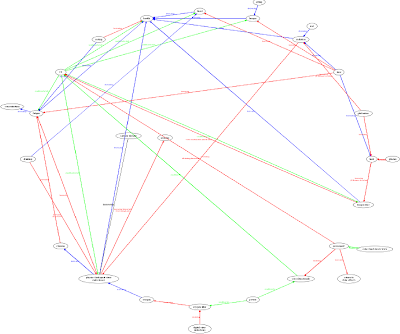If you are one of these gamers from the last century you might remember the (good) old times when you bought your favourite pc game magazine, including several compact discs (hell, it sounds so old fashioned to spell this word out) with dozens of drivers, videos and patches. That was great but even greater was the demo version of your most and long anticipated game!
Since then,
times have changed. Broadband internet made it possible. These days you can stream
and download videos, games and patches within minutes. The development of video
games has changed too. Many studios shortened their development time and
released their games earlier. Early access and co-creation have become popular.
There are not many demos left out there but plenty of games with early access (ranging
from early unstable alphas till polished betas). Early access is a
controversial topic, some love it others hate it. On the one hand, there is big potential because you might even co-determine what is
going to be implemented in the final game. On the other hand you might be
disappointed when you cannot co-determine or if features are being promised but
not implemented. Long ago this was different; you got what you got and in most
cases the demo version you played was a small part of the almost final version
of the game. There was less to expect because you had less promises and you
could not influence the development. There were several game magazines where
tests of games with pros, cons and features were published. If you think, nah,
that is not totally true that in past less was to expect, you are right. Publisher
made false promises back then too and not all the tests and ratings were
accurate. In contrast to the past, today on most platforms customers can rate
the games after purchase. This is great because it increases transparency.
Besides the
early access, expectations have changed as well. For example 25 years ago big pixels
on the screen were just normal, today high resolution textures are often
either delivered or expected. Looking back and thinking about all the games
which made fun playing, from my point of view few had outstanding graphics. Most
of them were and still are brilliant because of their concept and their mechanics.
To conclude:
what remains is the fact that the own expectations and the final game can
differ. Early access did not change that fact, nor did the possibility to rate games
on platforms (there are plenty of games which were published long time ago and still
receive many negative ratings and comments). Being a part of a development
process means being a part of a change process. A change sometimes ends like
expected. However, there are many examples when things did not turn out like expected.
Transferring
these findings to this game: Unfortunately, I do not have the resources to develop
the game in an iterative way like most early access games do (i.e. an on-going
adjustment of the game based on the ideas of all the players). This does not
mean that your ideas are not welcome, not brilliant or not worth implementing. It
just means that I want to prevent wrong expectations and false hopes. I hope
you are fine with that.
Nevertheless, pictures and videos shall provide an insight into the game and I intend to publish a demo
version before lunch.
